Bamboo revalued - turning overgrowth into opportunity in Cameroon

Decentralised Soil Kon-Tiki
Cameroon
10,000 Tons
Carbonlog
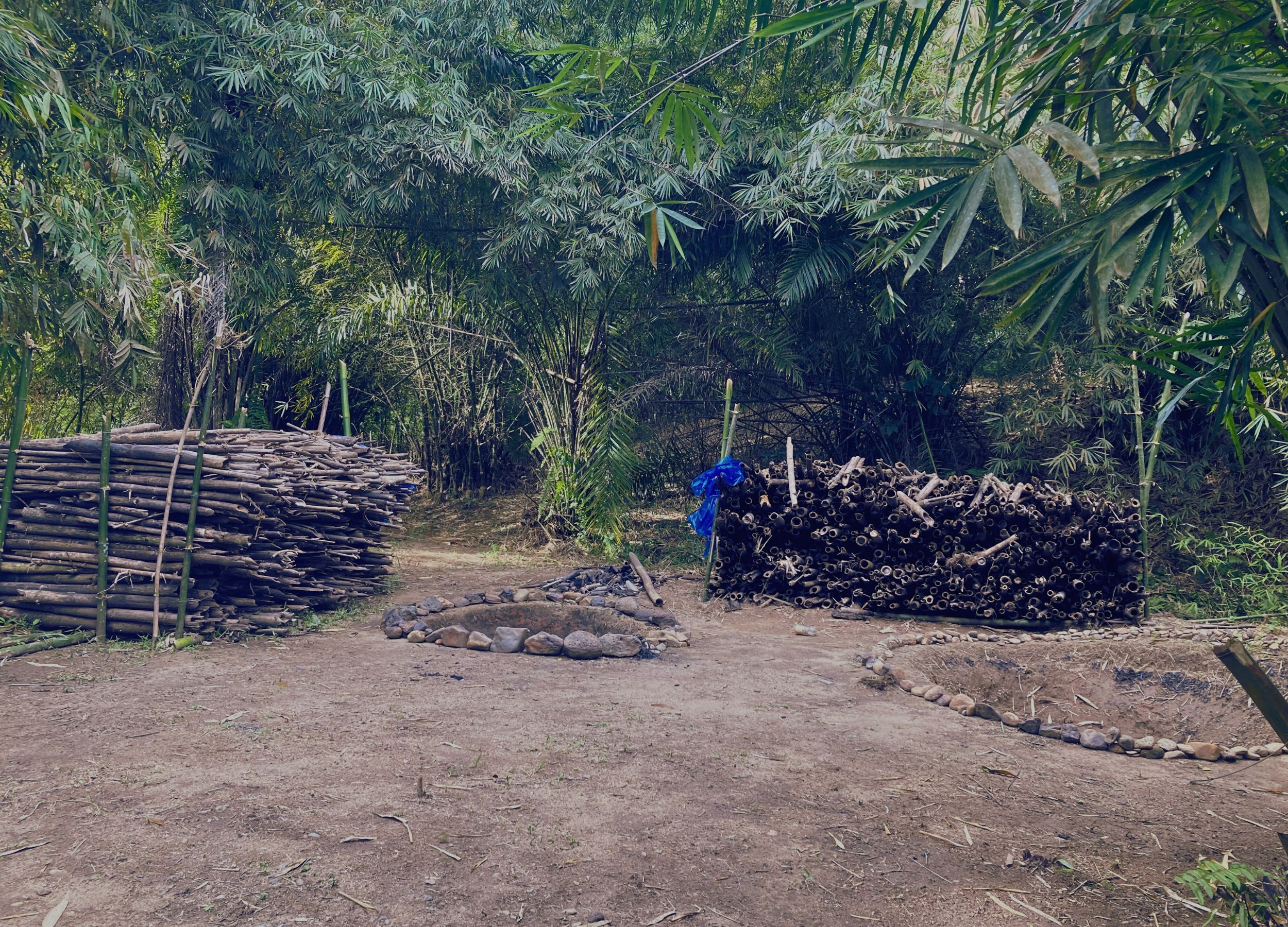
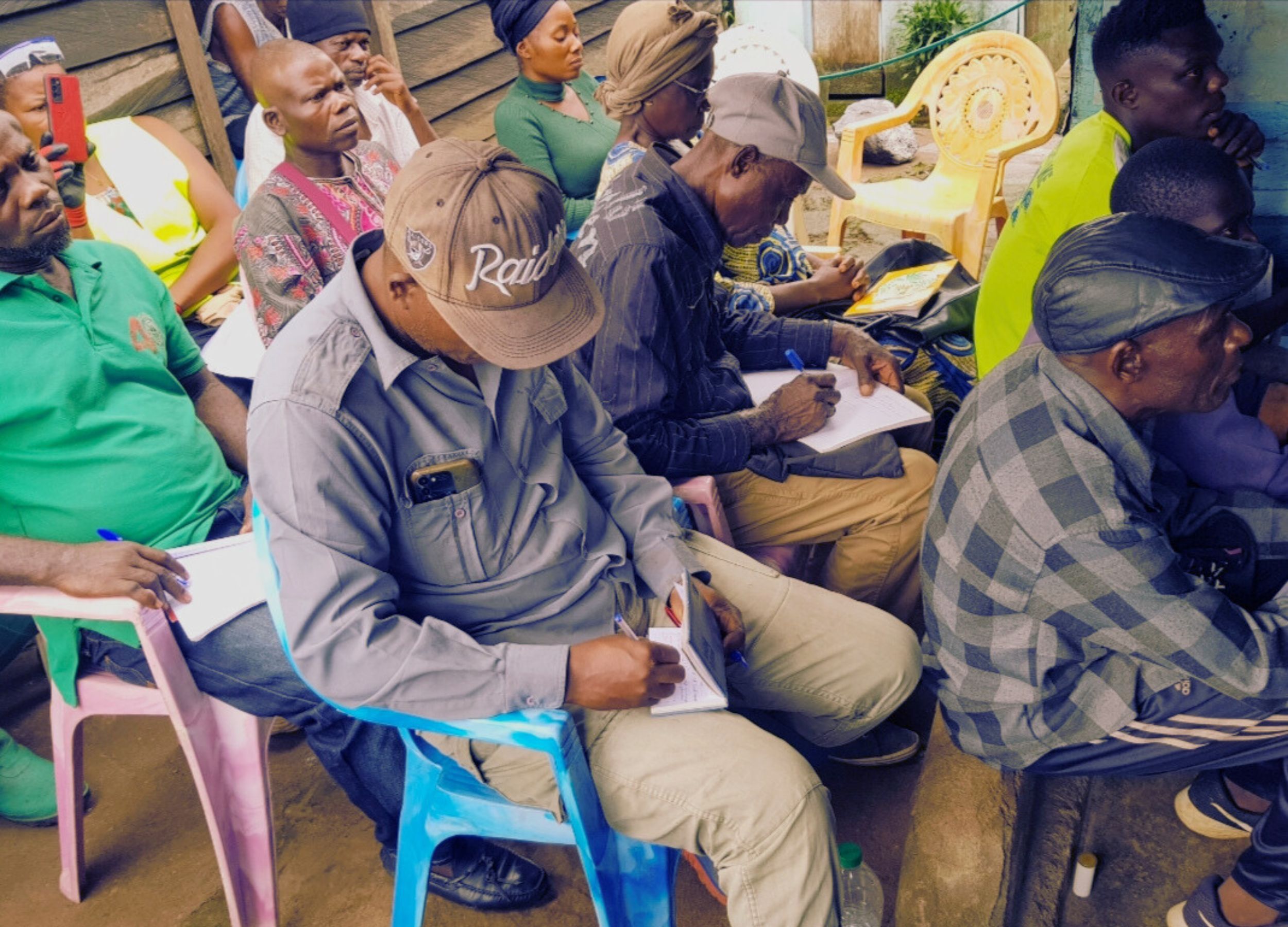

In accordance with eco-system restoration, no purpose-grown bamboo is used. All feedstock is sourced sustainably, prepared, dried, and used for biochar production via soil Kon-Tikis. The production sites are set up where feedstock is available to avoid transportation. The farmers mostly produce as much as they need to apply it to their own fields.
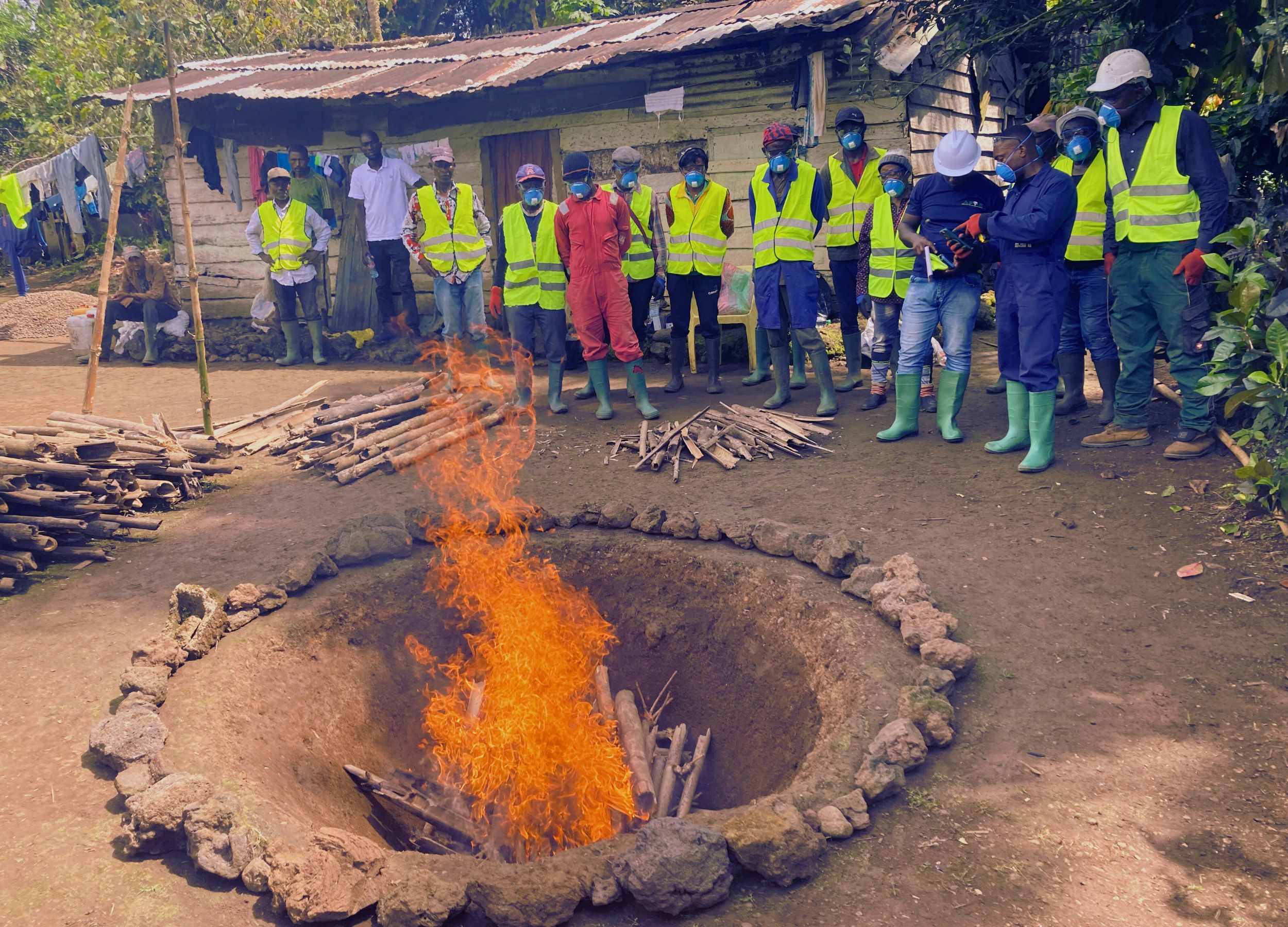
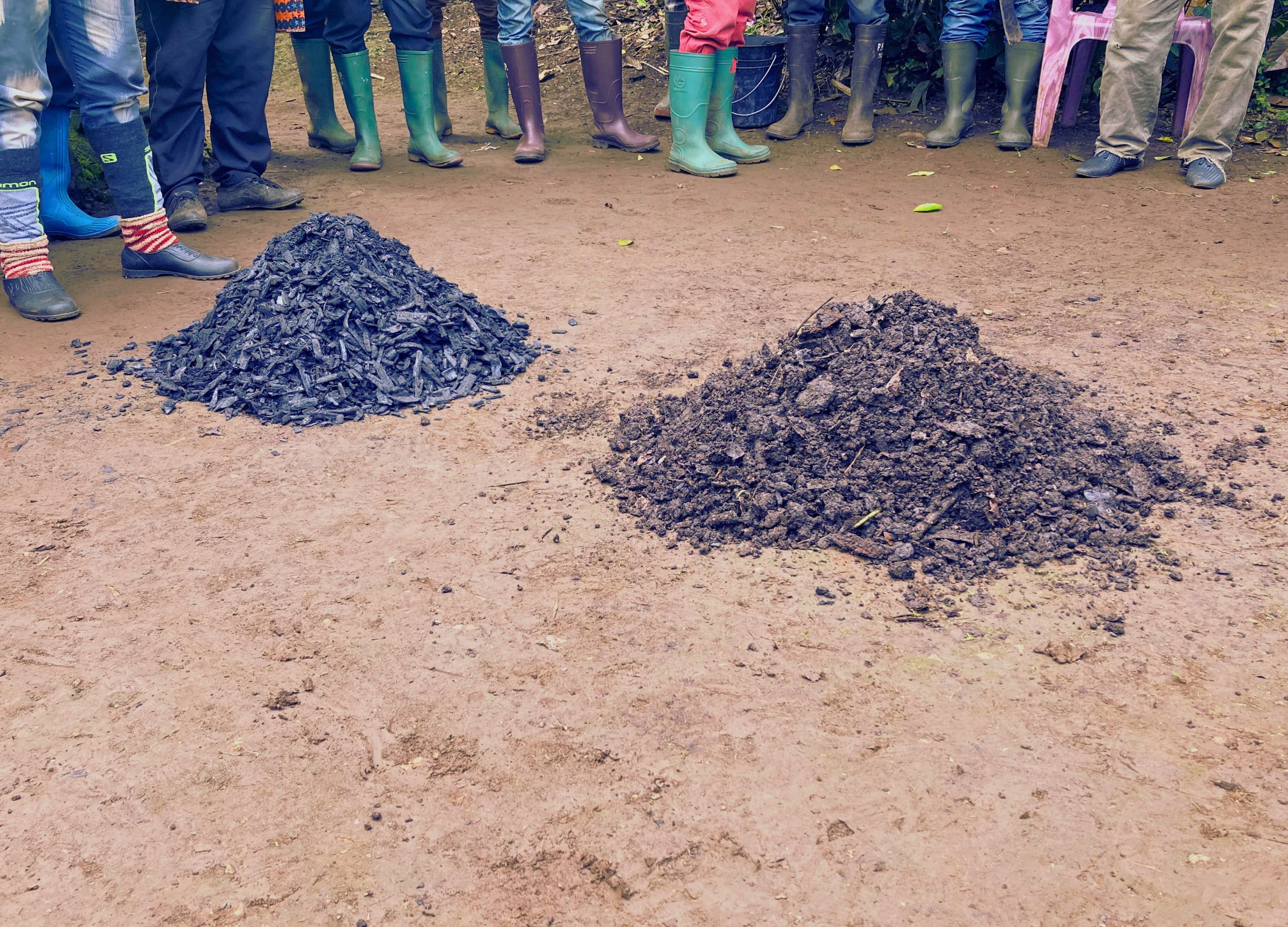

The project utilizes bamboo that would otherwise be burnt, or discarded. The farmers involved in the program all switched from synthetic fertilizer to creating their own biochar compost and applying it to their fields. An excellent example of how a whole village can improve their livelihoods by utilising nearby waste residues to increase their farm productivity and generate additional income on top. About half of the participants are women.
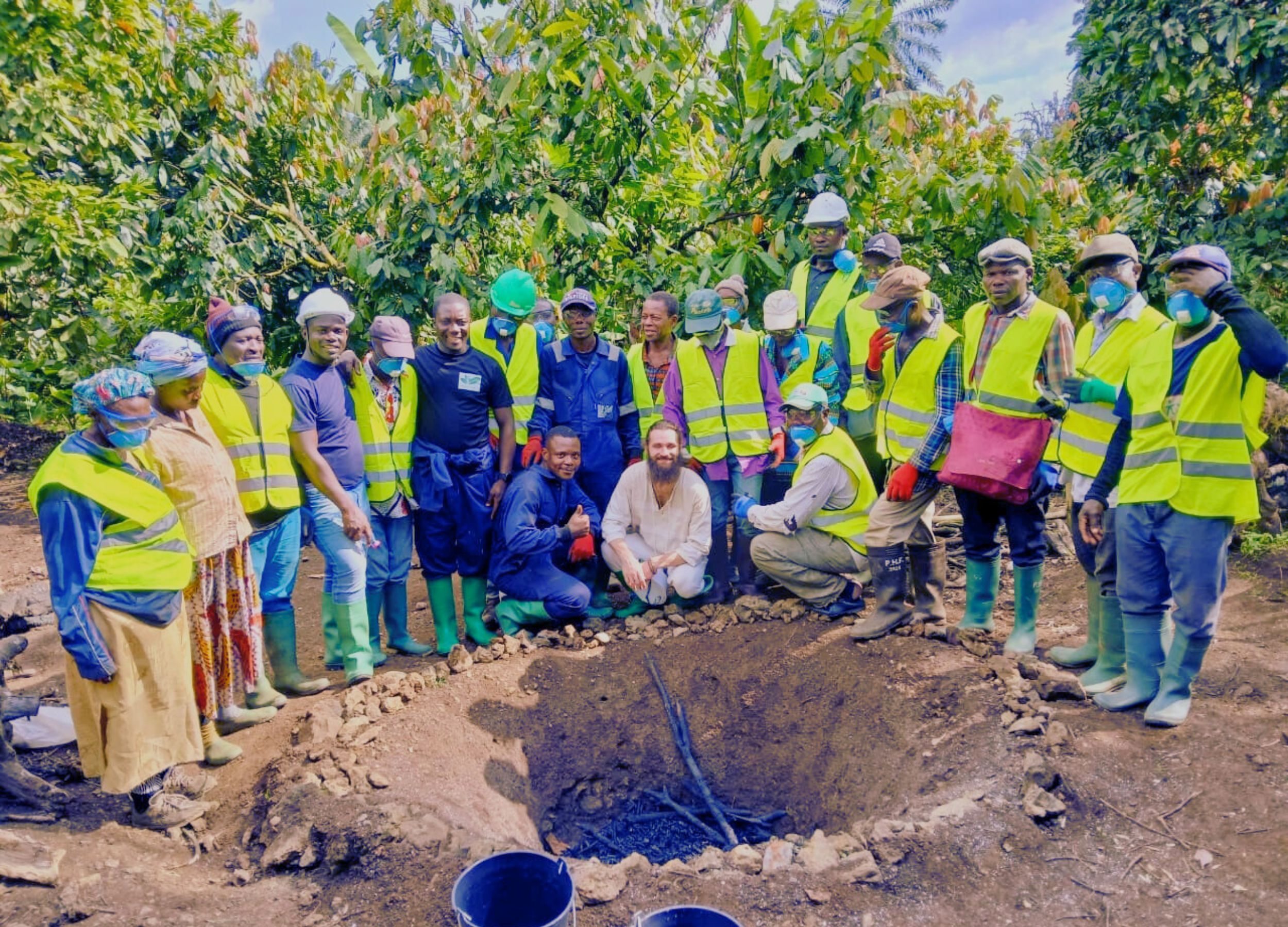

.svg)
.svg)







